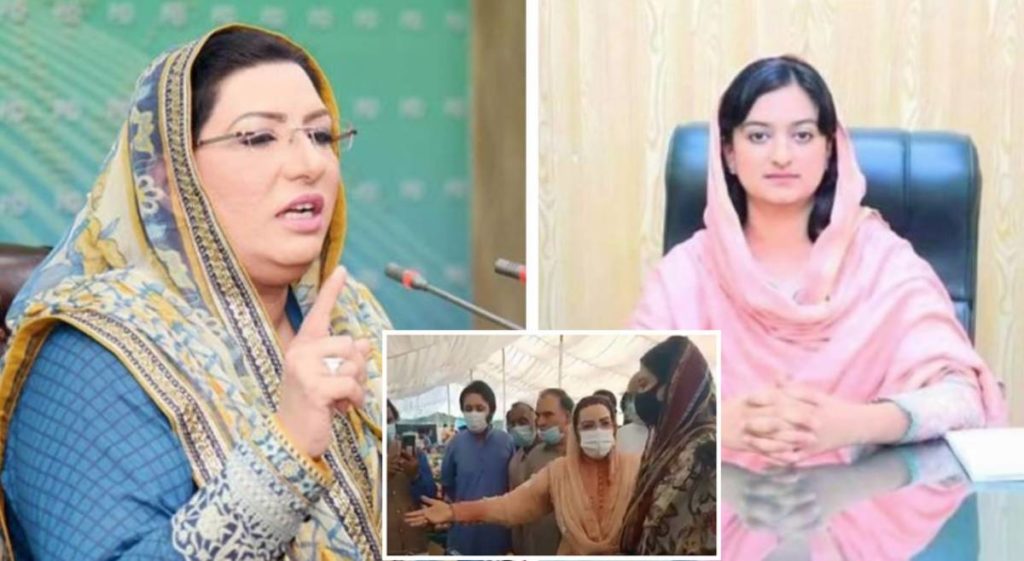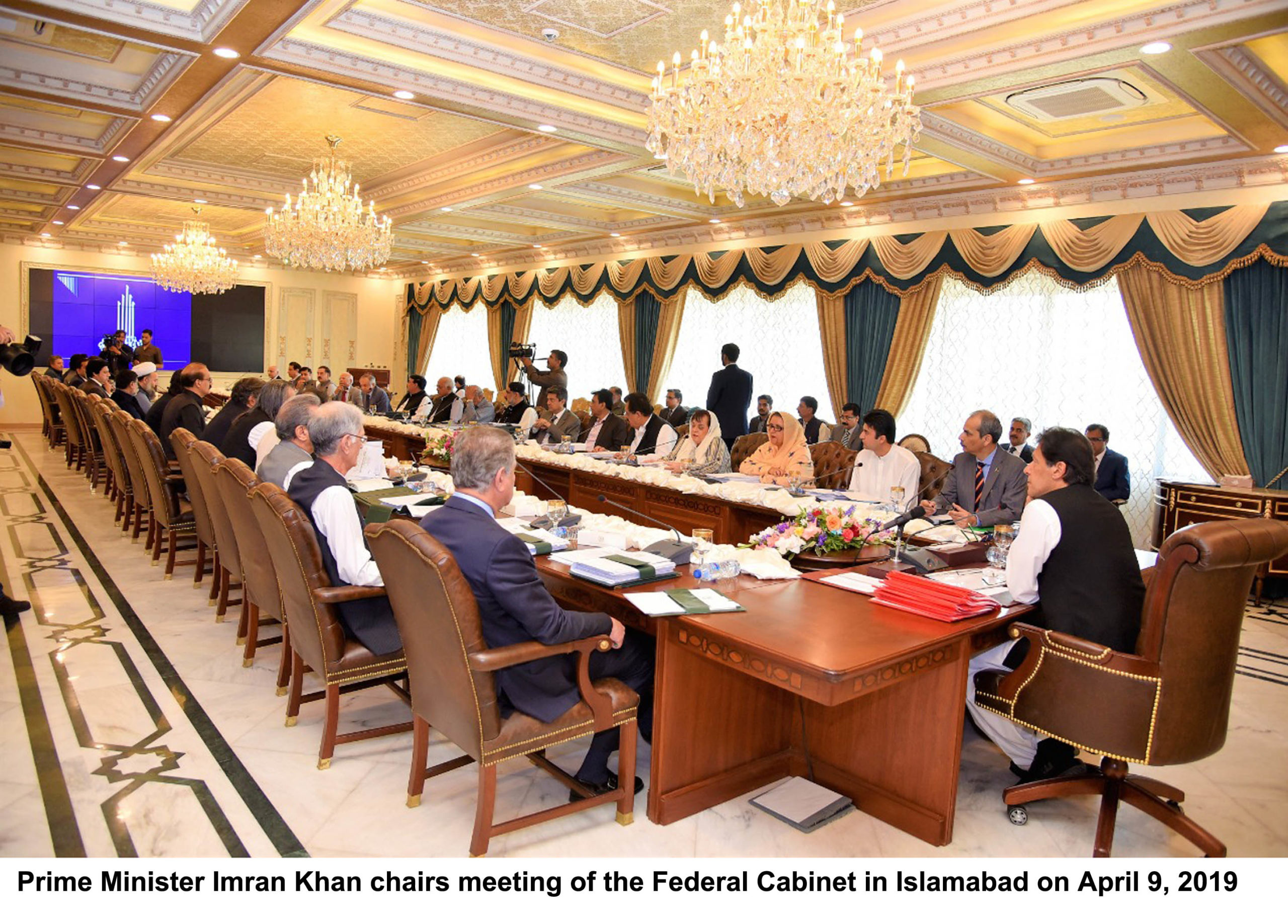Pakistan is an example in dichotomy! And the social sphere is not beyond the same reproach, we treat others as we ourselves don’t want to be treated. This is true for all strata of society from immediate family to clans to national leaders. Two recent examples push this notion firmly into the spotlight.
The rationale behind ensuring that any censure happens behind closed doors is the old English adage to ‘praise in public, criticise in private’
The first incident took place when Special Assistant to Chief Minister (SACM) Punjab, Dr. Firdous Ashiq Awan was visiting a Ramzan bazaar in Sialkot. She became angry at Assistant Commissioner (AC) Sonia Sadaf after some buyers complained about the poor quality of food being sold and the administration’s lack of interest and intervention in the matter to make things better. The grapevine suggests that it was also due to missing protocol for the SACM. Words were exchanged albeit the AC getting the sharpest end of the sword. Every adjective was captured by news channels and displayed on social media.
The second event occurred when Prime Minister Imran Khan took the whole foreign service to task in-front of the media for poor performance of certain embassies and consulates. This was preceded by some of the staff including the ambassador and six other officials recalled back from Saudi Arabia. The PM stressed on the need for change and the fact that such a system could only work in the colonial era of the British empire and not in the current era of Pakistan. He further said that the two big roles of embassies and consulates abroad were to serve the Pakistani diaspora and bring foreign investments into Pakistan. On both accounts of which, they were lacking!
There are able and compassionate persons on both sides of the aisle bureaucracy and government who strive hard to work for the benefit of the public
It is a given that the bureaucracy is there to serve the best interest of the people. After all, they are called public servants for cryin’ out loud! Any remaining ‘babu mentality’ of the British Empire needs to fully change in order for public servants to start serving the public efficiently. But is it fair to tar every public service officer by the same brush of incompetence and arrogance? No, it is not! As much as it is not fair to tarnish every politician with the image of foul mouthed and vile conduct. There are able and compassionate persons on both sides of the aisle bureaucracy and government who strive hard to work for the benefit of the public. Admittedly, things can always improve and for the better. But even if there are certain cases where a rebuke may become necessary, it need not be done in plain sight. Doing that humiliating officials in public does force the paradigm of missing the forest for the trees because it negates the same behaviour that is being encouraged widely and also because it ignores the majority and focuses on the minority.
The rationale behind ensuring that any censure happens behind closed doors is the old English adage to ‘praise in public, criticise in private’. Any leader worth his or her salt needs to bear this in mind! While there can always be a reason to scold people in public, it should always be used as a last resort because history has proven that it will almost always be counterproductive! This is more so true because motivation borne out of fear for example threat of dismissal or public naming and shaming can perhaps stop bad behaviour occasionally but it will never encourage good behaviour perpetually.

It is a given that the bureaucracy is there to serve the best interest of the people. After all, they are called public servants for cryin’ out loud!
Treating performance-based confrontation is always a difficult balancing act! And the latest examples are no exception. The PTI government has come in with a mandate for change and it needs to ensure that its policy of managing the bureaucracy and any other entities for that matter is different from that of other administrations of the past. For that to happen, a three-step approach is to be heeded. One, as much as possible, scold faulty performances in private and only go public when all else fails. Two, stop bad behaviour using fear motivation but in parallel encourage good behaviour using reward motivation use stick and carrot in equal measure. Three, be wary of stereotyping a community such as the bureaucracy. These people go through a lot of hoops to get to where they are. Do all of them work with a ‘public servant mentality’? No and that is where improvements are needed and should definitely be sought.
Moreover, the ‘forest for the trees’ paradigm requires a wholesome approach. Something, that should not be limited only to scuffles described above. It needs to be evolved and extrapolated into every facet of government because only then Imran Khan will be able to claim that he is indeed different from his predecessors!





